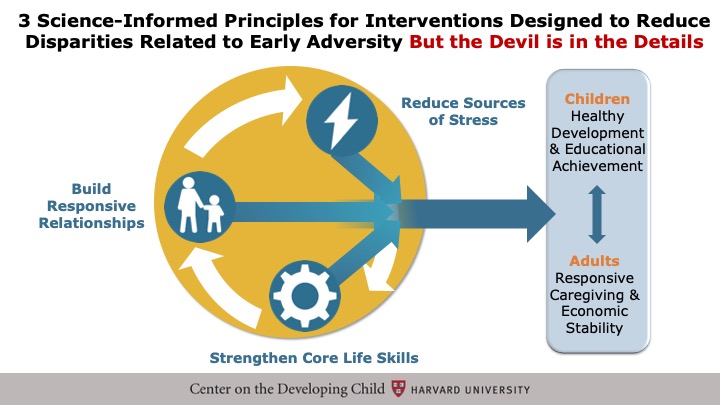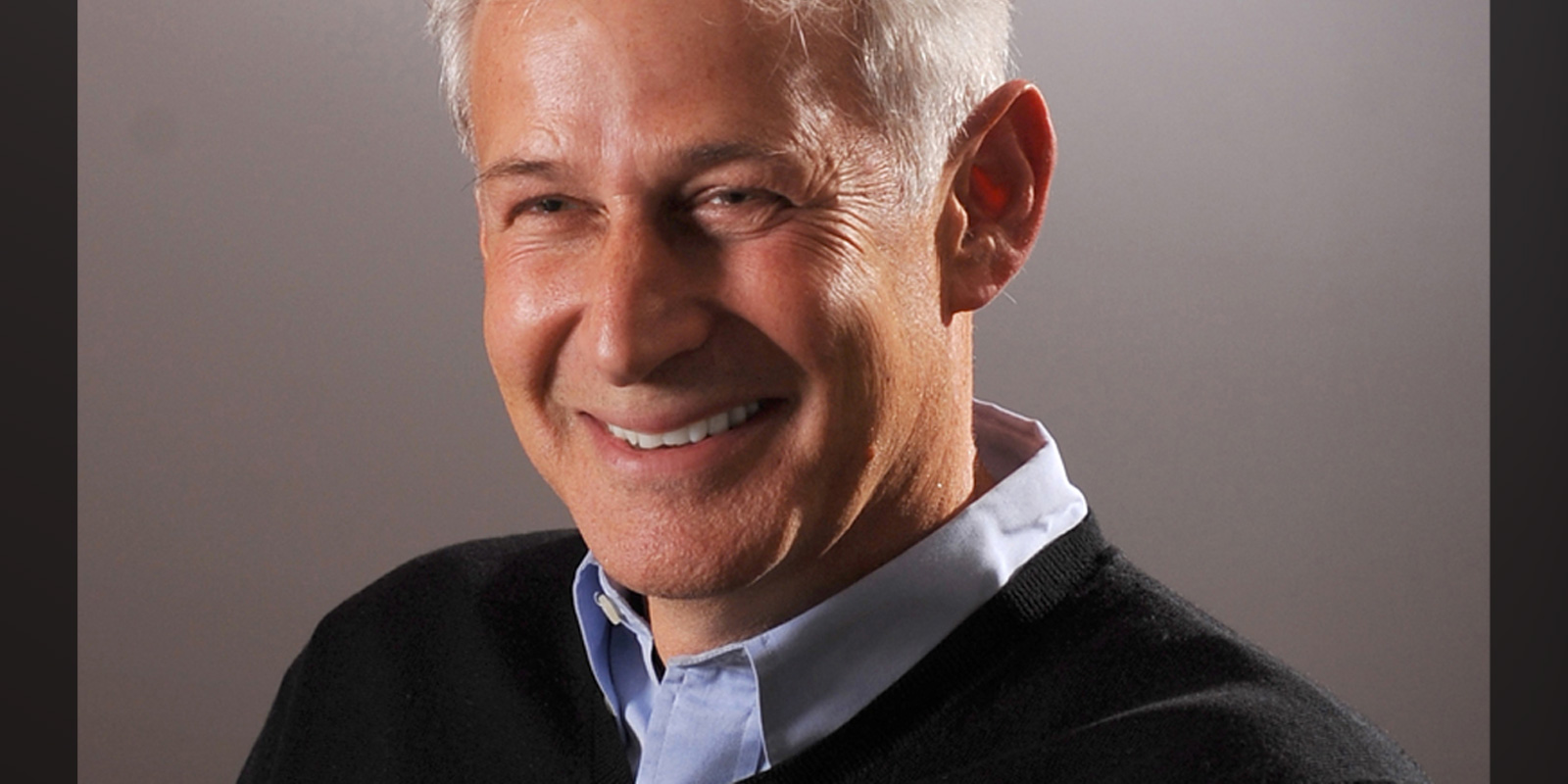Because we can’t take our Early Learning Nation Studio on the road during this time, stay tuned as ELN recaps Top Takeaways from important webinars, chats and virtual events from the Early Learning field. Join the conversation! And visit our Early Learning Nation channel on YouTube for interviews with leaders from education, child development, business, politics and more.
On May 19, Dr. Jack P. Shonkoff delivered the Education Redesign Lab (EdRedesign) spring keynote address via YouTube. Among his many distinctions, Dr. Shonkoff—Director of Harvard’s Center on the Developing Child and Professor at Harvard T.H. Chan School of Public Health, Harvard Medical School, and Harvard Graduate School of Education—was awarded the 2019 LEGO Prize for revolutionizing the field of early child development. Here are our notes from his remarks.
1. Science is opening the black box. We’re beginning to understand how experiences get into our bodies at a molecular level. This isn’t nature versus nurture; it’s about how genetics and experience interact. Adversity sets off biological stress responses that take a toll on brain architecture as well as immune and metabolic systems. Resilience also has a biology, with early experiences building strong circuitry. Unlike learning to walk, core life skills are not automatic. They are modeled and scaffolded. “The field needs resources and space to try things,” he declared. Responding to introductory remarks by Paul Reville, Founder and Director of the Education Redesign Lab at Harvard Graduate School of Education, who called this a “Sputnik moment,” Dr. Shonkoff said that education research should emulate the culture of biomedical research, where “failure is the road to success.”

2. The COVID crisis makes our work more urgent. Coronary disease, stroke and diabetes may not manifest until the later years, but these factors, which make Coronavirus deadlier, originate early in life. They are preventable, and we’re not making enough progress to prevent them. To tackle this challenge, Dr. Shonkoff called for “an authentic partnership between science and on-the-ground expertise.” He went onto call mental health the biggest threat of the crisis and “a ticking time bomb.” He predicted a massive increase in overall disparities and a cycle of disruptions that send the stress response into overdrive.
3. Variation is a given. Take any two siblings. Their genetics and environment may be similar, but whether it’s cancer, COVID or behavior, the outcomes differ. Consequently, researchers need to stop asking What is the best program or curriculum for children living in poverty? The variability is where the answers are, not the average. Just as responsive, individualized, relationships are essential for building strong foundations, research needs to develop better sensitivity to individuals and outliers.

4. Timing is everything. We’re born with most of our neurons, but the synapses come later. Connections are built over time, but especially rapidly in the first few years after birth: as many as million a second. We’re getting better at predicting the timing of when certain functions first develop. It’s critical to take advantage of these windows of opportunity because “you can’t go back and rewire a brain. You can only adapt.” That is, while it’s never too late to intervene, intervention isn’t as good as if you got it right the first time.
5. Pre-K is great, but it’s too late. According to Dr. Shonkoff, public investments in the education of three- and four-year-olds are important but don’t start early enough when it comes to brain development. The prenatal months and the first two years need more attention and investment, he said, “or we’re playing catch-up.” This is especially true for most the disadvantaged children. If we get those early years right, he argued, “Pre-K will do better, K-12 will do better, we’ll all do better.”

Mark Swartz
Mark Swartz writes about efforts to improve early care and education as well as developments in the U.S. care economy. He lives in Maryland.



